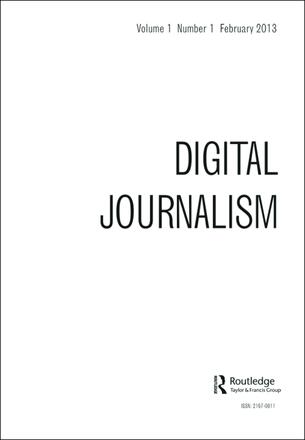
This qualitative study explores how national security journalists communicate online using digital security technologies to evade potential surveillance by government authorities.
This study follows a panopticism framework, which states that those under real or perceived observation will alter their behaviour to be more subservient to authority. Through a series of seven in-depth interviews with journalists, using a constant comparative method, journalists who participated in this study reported that the way they work has changed under a real or perceived threat of mass government surveillance, making their work more difficult and potentially damaging their communications with sources.
Many potential interview subjects refused to participate on the record because of the sensitivity and potential risks involved in the discussion of the subject matter.
Tags: Privacy Media freedom Whistleblowing SurveillanceThe content of this article can be used according to the terms of Creative Commons: Attribution-NonCommercial 4.0 International (CC BY-NC 4.0) . To do so use the the wording "this article was originally published on the Resource Centre on Media Freedom in Europe" including a direct active link to the original article page.

